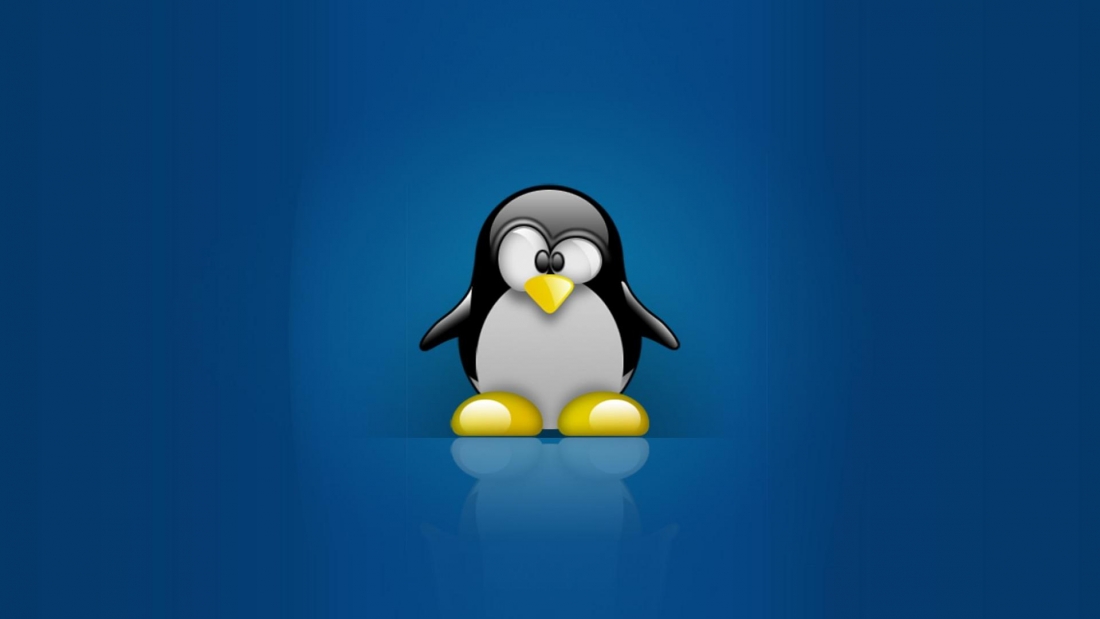In context: How times have changed. At the turn of the century, open source was Microsoft’s sworn enemy, with then-CEO Steve Ballmer describing Linux as a “cancer” in 2001. Fast forward almost two decades, and the Redmond firm has now admitted it was wrong.

Speaking at an event hosted by MIT's Computer Science and Artificial Intelligence Lab (CSAIL), Microsoft President Brad Smith said: “Microsoft was on the wrong side of history when open source exploded at the beginning of the century, and I can say that about me personally.”
“The good news is that, if life is long enough, you can learn… that you need to change,” he added.
It’s a stark contrast in views since Ballmer, who’s never been known for understatement, called Linux “a cancer that attaches itself in an intellectual property sense to everything it touches.”

Ballmer: mad as a spoon
Today, Microsoft is ahead of Facebook, Docker, Google, and many others as the largest contributor to open-source projects. Back in 2018, the company acquired GitHub, the code repository for developers, for $7.5 billion. “When we look at GitHub, we see it as the home for open-source development, and we see our responsibility as its steward to make it a secure, productive home,” said Smith.
Microsoft’s embracing of open source includes the shipping of a full Linux kernel in the next Windows update, and a partnership with Canonical to bring Ubuntu to its OS. There was also the Edge browser’s move to the Chromium engine last year, and the rebooting of PowerToys as an open-source project for Windows 10.
https://www.techspot.com/news/85282-microsoft-admits-wrong-about-open-source.html